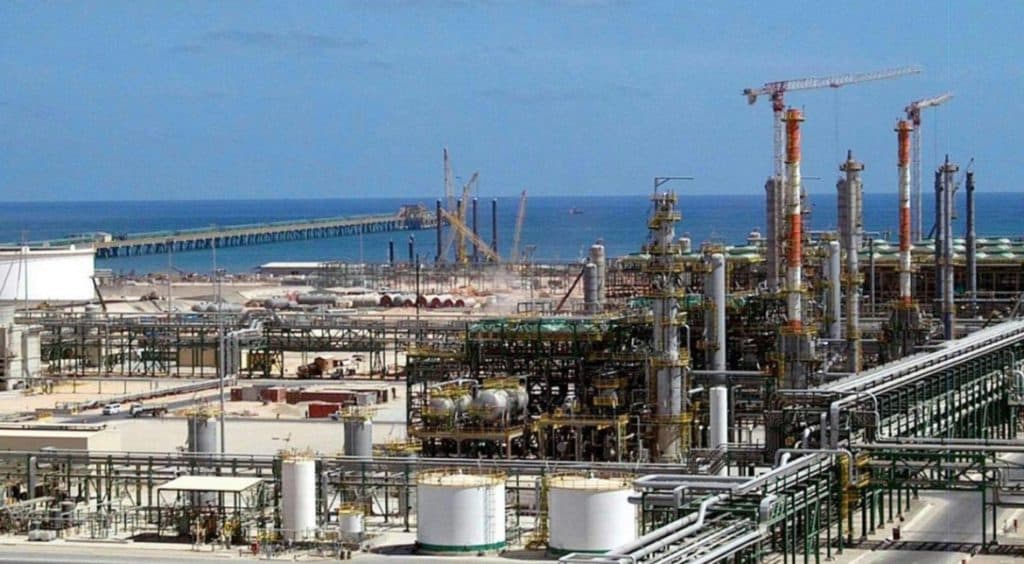By Denis Korkodinov
The creation of warring alliances in Israel, Greece and Cyprus, on the one hand, as well as Turkey and Libya, on the other hand, is due to the desire of these countries to develop gas fields in the Eastern Mediterranean. Libya has become the epicenter of these aspirations.
Ankara’s actions to implement the maritime agreement with the Government of the National Accord of Libya are aimed primarily at blocking the oil pipeline in the Eastern Mediterranean. Israel, Greece and Cyprus sharply criticized the Turkish initiative, which was a manifestation of the destruction of the existing balance of power in the region.
In turn, the normalization of Turkish-Israeli relations is likely to help find ways out of the crisis. Tel Aviv is extremely interested in increasing its energy resources, which would significantly strengthen its regional position and influence on other countries. At the same time, the Israeli leadership proceeds from the view that ensuring the state’s energy independence is practically impossible without consolidation with Turkey, which has certain leverage over many Arab countries – gas exporters.
Ankara maintains allied relations with Tel Aviv, at least on the grounds that the opinion of the leaders of both countries regarding the regime of Bashar al-Assad in Syria coincides. In this regard, the creation of a lasting alliance between Turkey and Israel would have a positive regional effect.
The interest of the international community in Libya is mainly due to the fact that in 2009 huge reserves of natural gas were discovered in the Eastern Mediterranean. This attracted the attention, first of all, of Israel, Greece, Cyprus, Egypt, Turkey and Russia.
It should be noted that currently the main sources of natural gas in this region are the Zohr field, which is under the jurisdiction of Egypt, the Leviathan and Tamar fields near the Israeli sea border with Lebanon, as well as the Aphrodite field in the immediate vicinity of the island of Cyprus. Based on the fact that the volume of natural gas used is approximately 120 trillion cubic feet, and the resources of the exploited fields are exhaustible, exporting countries are in great need of new gas sources represented in Libya.
The key moment in the regional confrontation was the struggle that unfolded between Turkey and Cyprus. The Republic of Cyprus is an internationally recognized subject of geopolitics. However, Ankara disputes the rights of the Cypriots to the northern part of the island. Meanwhile, Cyprus was able to significantly strengthen its international position, through agreements on economic zones with the support of Egypt in 2003, Lebanon in 2007 and Israel in 2010. Thanks to this, Cyprus has confirmed its right to conduct mineral exploration off its sea coast, with which Turkey categorically disagrees.
The problem is that in the modern system of international law there is no clear definition of maritime borders within which a state has the right to conduct geological exploration. In particular, according to the provisions of the UN Convention on the Law of the Sea of 1982, states have the right to extract minerals up to 200 nautical miles from their own coast.
However, in the context of the geopolitical position of Cyprus, where the distances between the disputed territories are small, it is practically impossible to comply with international restrictions. Ankara uses this legal case to implement its own hydrocarbon production projects off the coast of Cyprus.
The maritime agreement signed between Turkey and the Government of the National Accord of Libya promotes Turkish mineral exploration activities in the immediate vicinity of the island of Cyprus. This agreement is a clear violation of the UN Convention on the Law of the Sea, as it establishes a sea line with a length of just over 18 nautical miles, which connects the territorial waters of Turkey and Libya, but claimed by Greece and Cyprus.
Particularly noteworthy is the fact that the Turkish-Libyan sea border actually blocks the gas pipeline of the Eastern Mediterranean, which Israel, Greece and Cyprus intend to use to export gas to Europe. In response to this, the Greek government requested the UN Security Council to urge Ankara to comply with international law.
Now Turkey is unlikely to allow anyone to produce hydrocarbons in the Eastern Mediterranean, which intensifies its conflict with Greece. Nevertheless, the development of cooperation between Ankara and Tel Aviv is likely to lead to de-escalation of regional tensions and the development of dialogue between countries in the energy sector. This may allow to some extent diversify gas supplies and supply European partners with the necessary volume of natural gas.
(The opinions expressed in this article are solely those of the author and do not necessarily reflect the views of World Geostrategic Insights)







